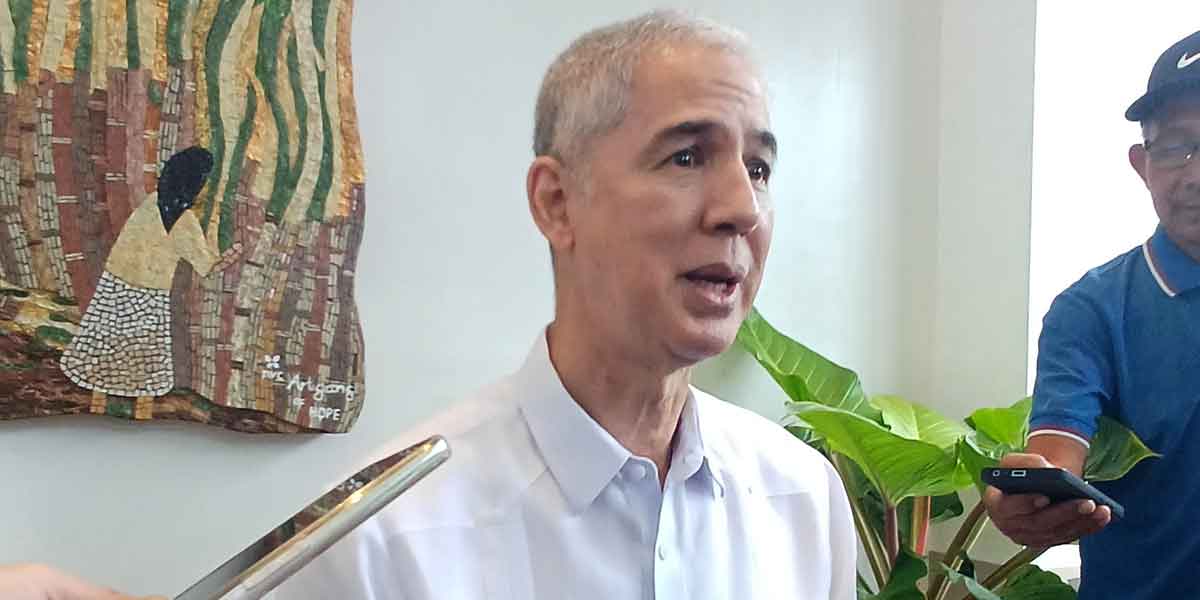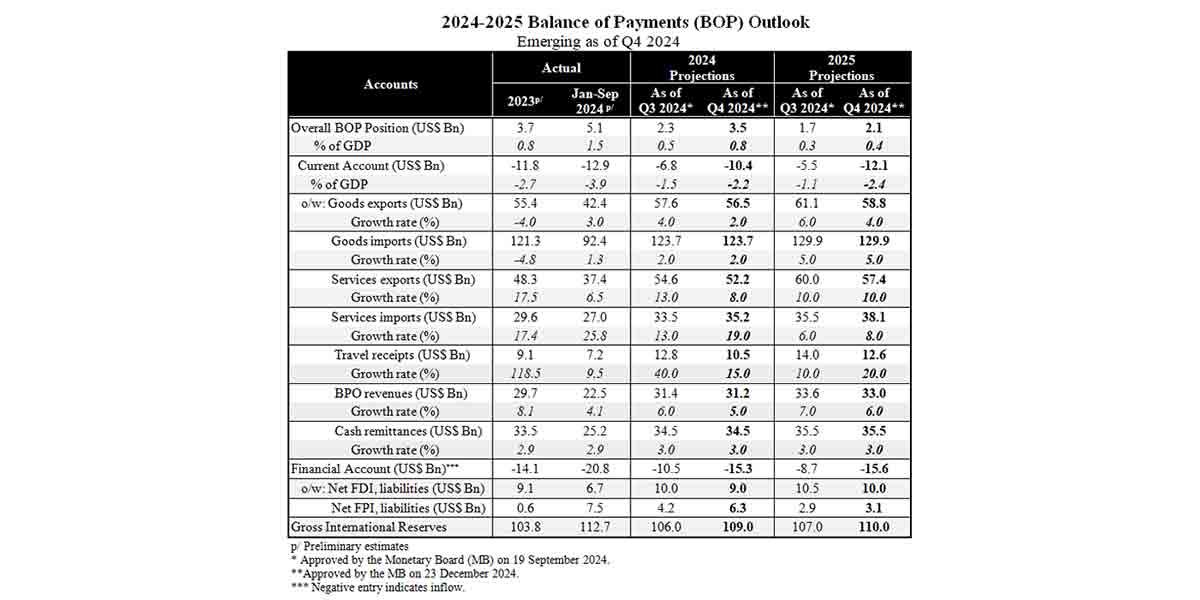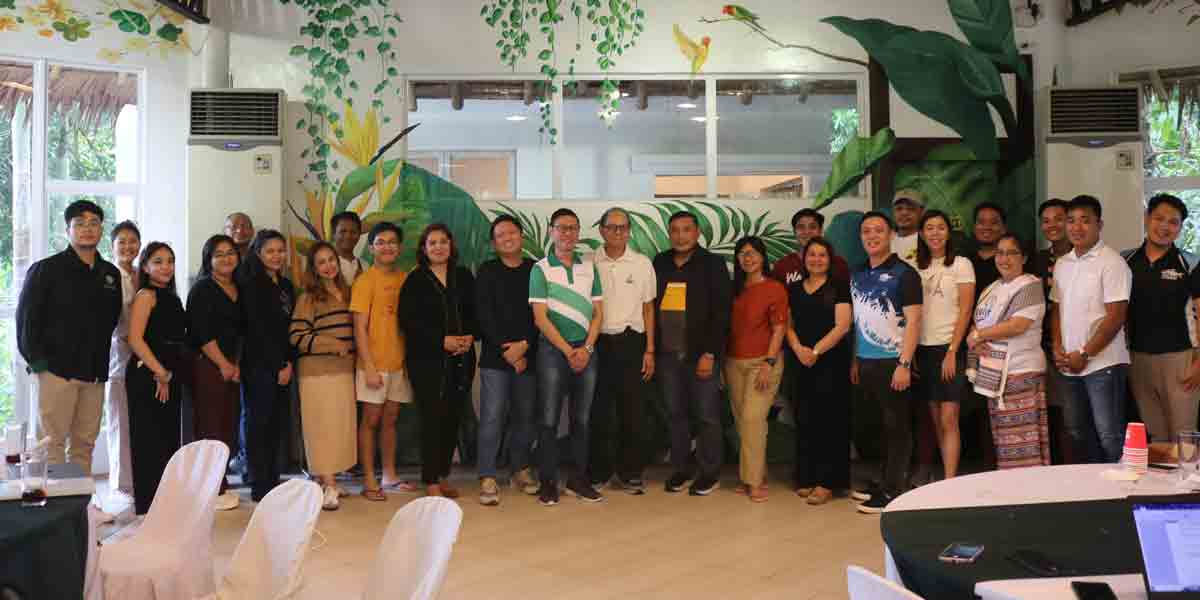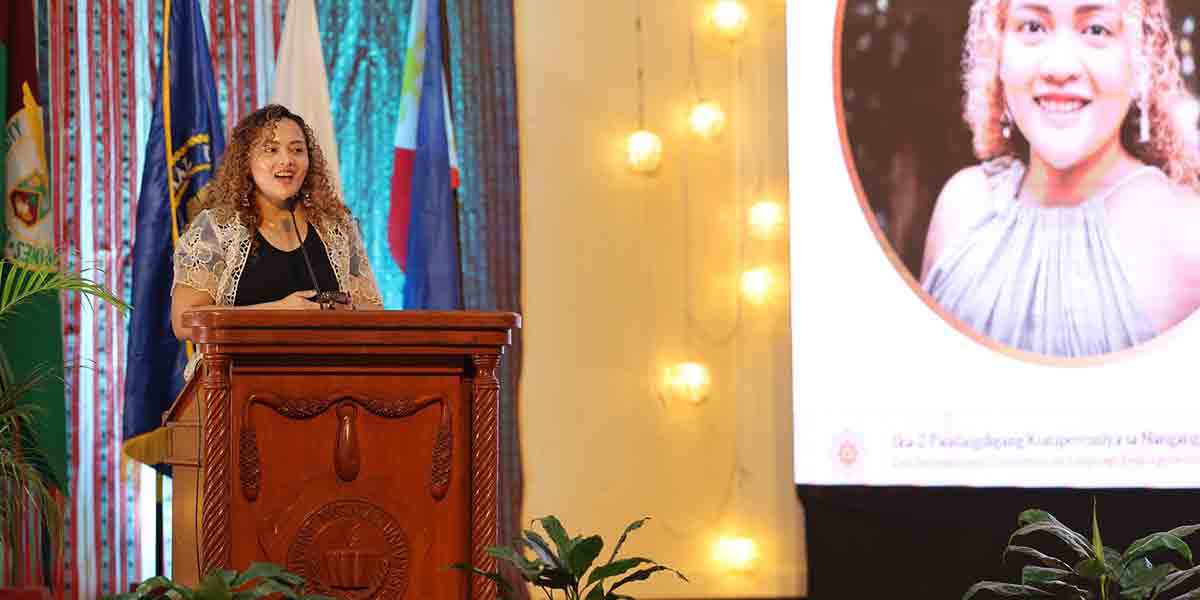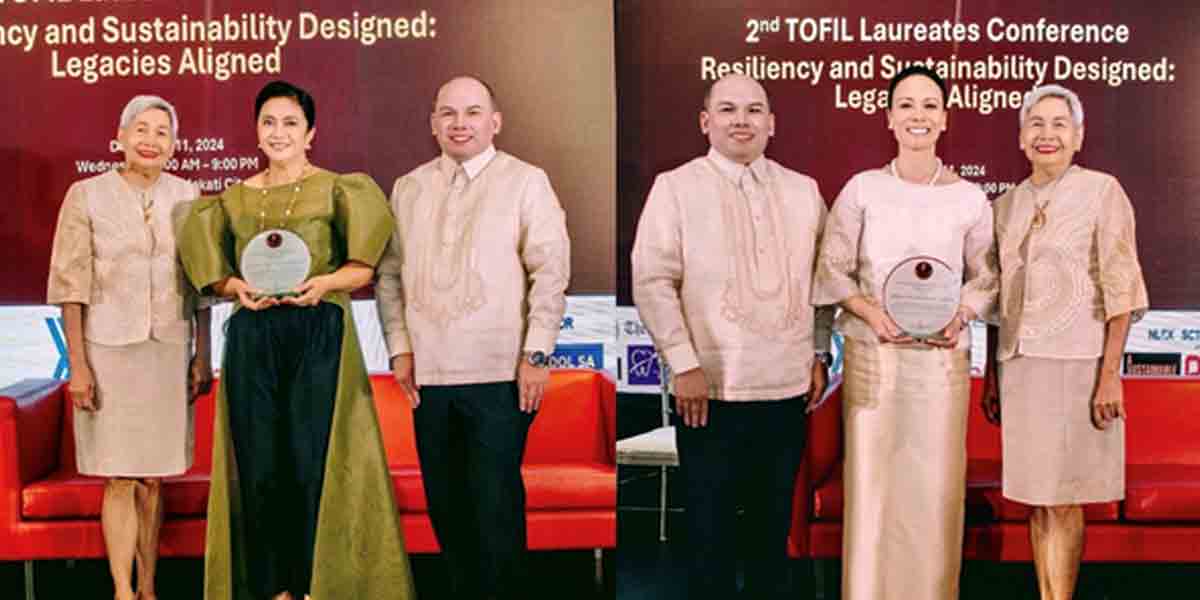By Fr. Roy Cimagala
AS we all know, Christ makes himself the Bread of Life that gives us the true divine life even as we traverse in this world that is full of evil. It’s a life that knows how to unify the different elements in our life, the material and the spiritual, the temporal and the eternal, the local and the global, the good things and the bad things in this world, etc.
To be sure, it is not simply a matter of receiving the Bread of Life in the sacrament of the Holy Eucharist that would enable us to live the life that is proper to us as children of God who are his image and likeness, children of his, sharers of his divine life here on earth.
It is a matter of transforming ourselves into “alter Christus,” which is both a matter of God’s grace which we receive especially through the sacraments and also our all-out effort to follow Christ, giving a whole mind and heart to him.
Let’s hope that insofar as things depend on us, we can truly say at the end of each day that because of our efforts, we are becoming more and more like Christ. This should be the ultimate criterion to use to see if we are truly progressing in our life everyday or not.
When we truly are like Christ, we would know how to be friends of everyone regardless of who they are. Our friendship and love for others assumes a universal scope to such an extent that we consider as our friends those who may consider us as their enemies.
In other words, we have to learn how to be friends with everyone regardless of how they are, because only then can we help them to attain the ultimate goal common to all of us. We also have to learn how to deal with any situation, no matter how difficult and ugly, not so much in physical terms as in the spiritual and moral. If we are truly Christian, we would have his desire “not to condemn the world but to save.” (cfr. Jn 3,17)
As one saint said it, we should be willing to go to the very gates of hell, without entering it, of course, if only to save a soul. This obviously would require of us to be tough and clear about the real goal to reach, and yet flexible and adaptable to any person and to any condition. Let’s hope that we can echo St. Paul words: “I have become all things to all people so that by all possible means I might save some.” (1 Cor 9,22)
In this regard, we have to learn how to fraternize with sinners. We have to replicate Christ’s attitude towards sinners, who actually are all of us—of course, in varying degrees. We have to give special attention to the lost sheep and to the lost coin. We have to open all possible avenues to be in touch with everyone, including sinners.
This capacity to fraternize with sinners is first of all a gift from God which we have to take care of and develop. It’s meant to mature us and to involve us in the continuing work of redemption of Christ. It’s not meant, of course, to dilute the teachings of Christ and the very essence of goodness and true holiness.
Email: roycimagala@gmail.com

